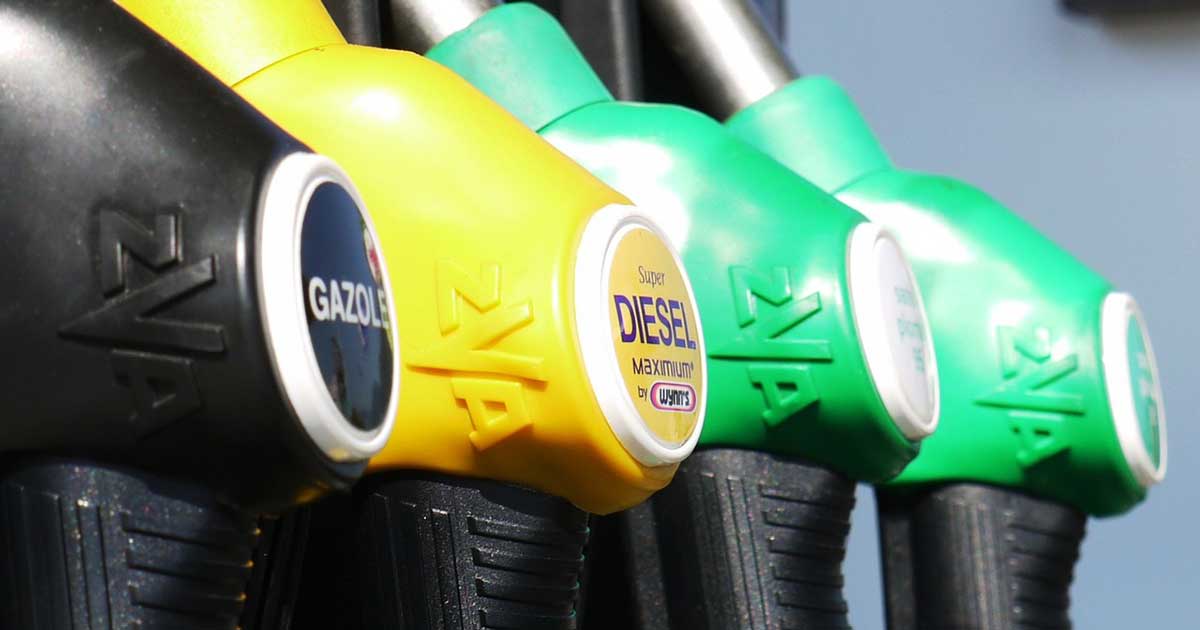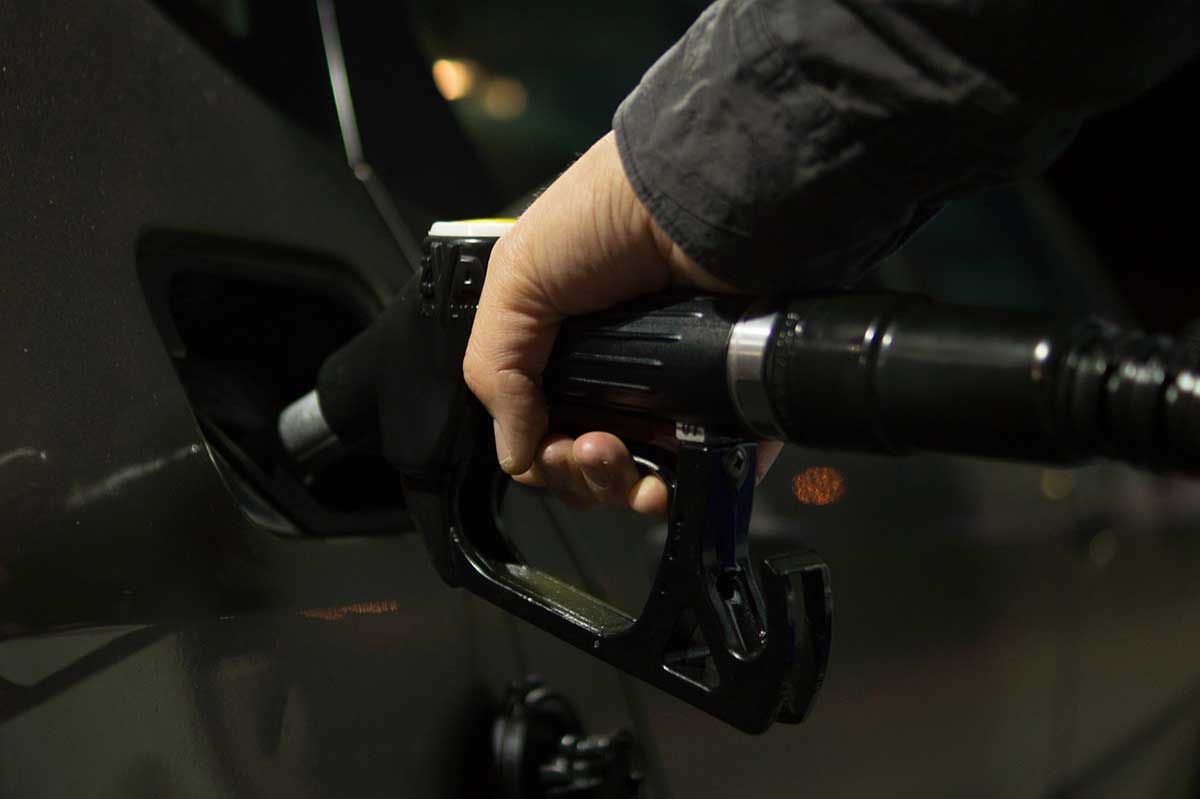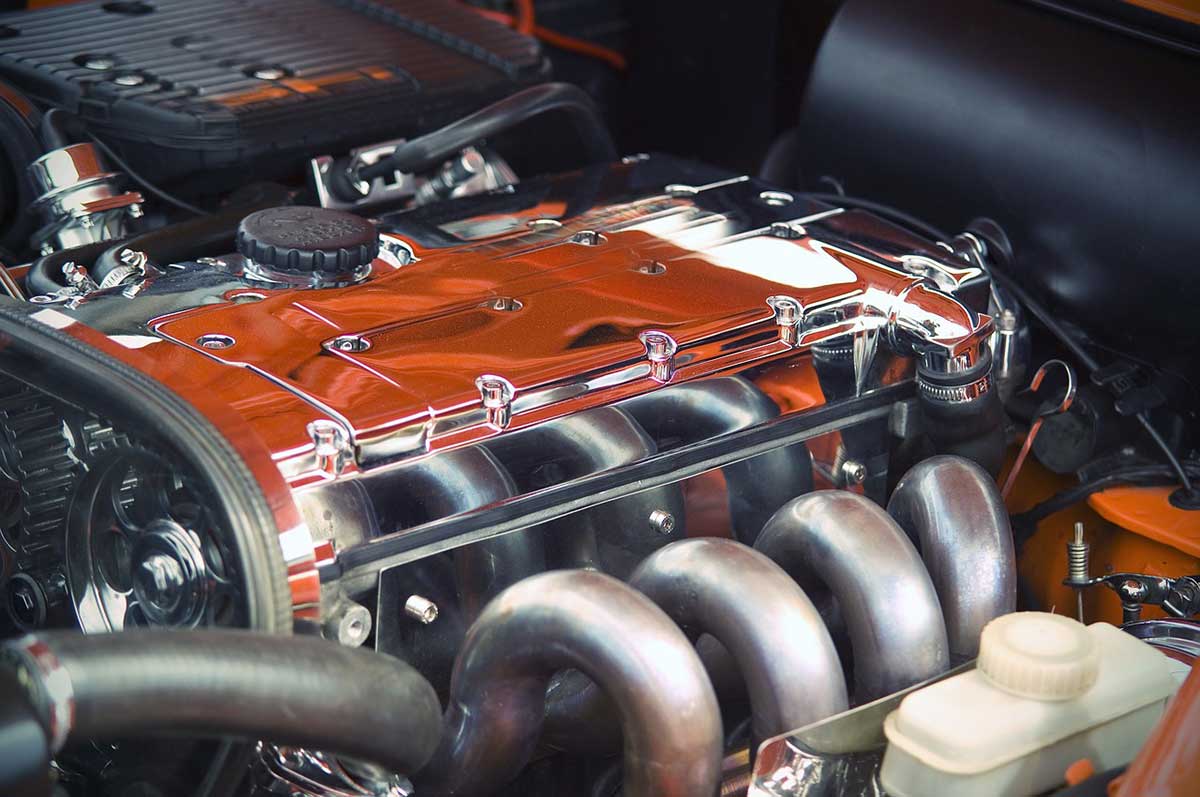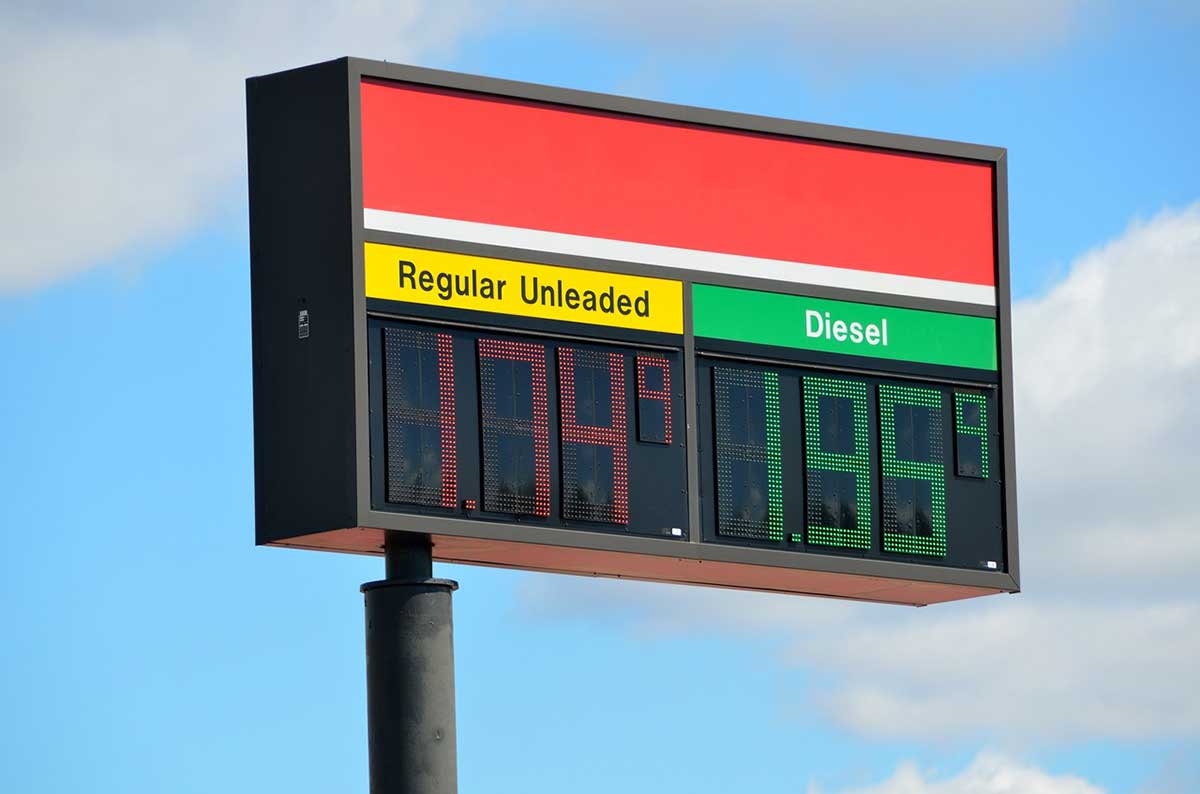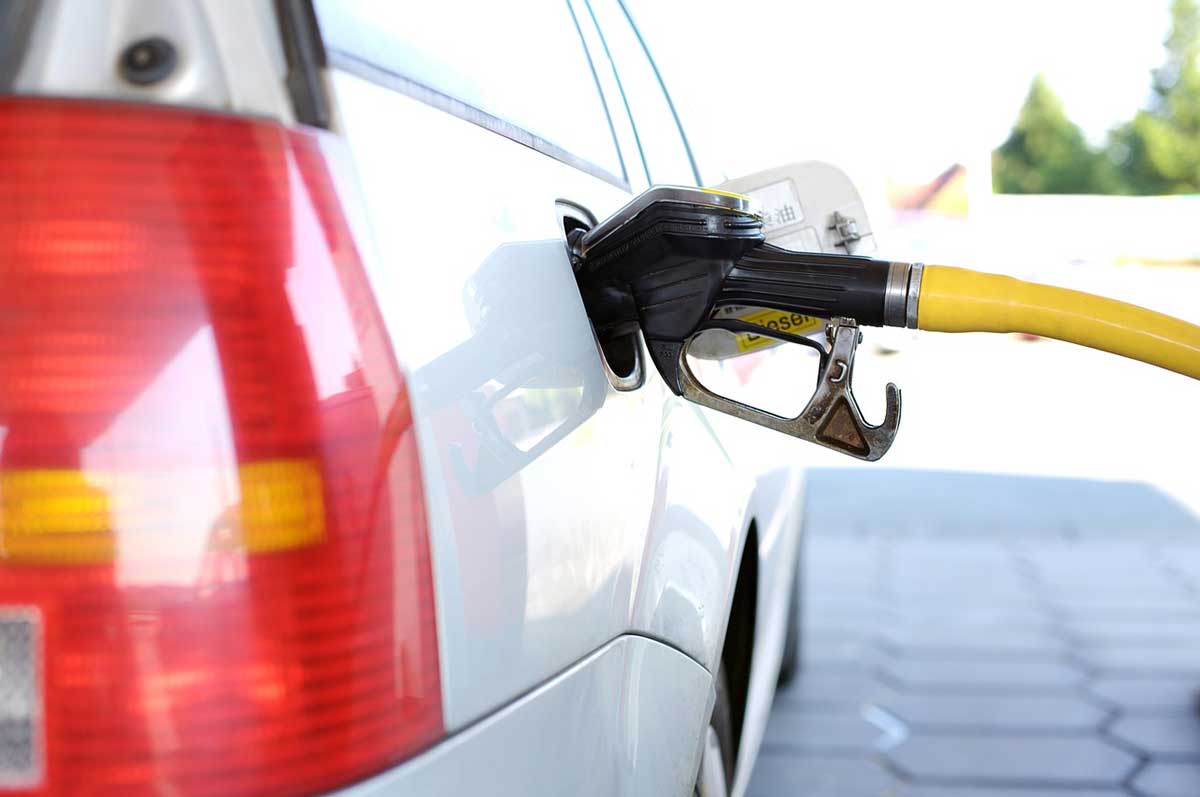Petrol or diesel. This is seen often at the gas station when you refuel your car. You would then double check the label on the pump handle to ensure you’re filling it right. For owners with diesel cars, the fuel cap or door would be distinctly labelled. What makes these engines different that different fuel types are required? Read on to find out.
To start things off, in terms of form, petrol is lighter and has a more evaporative consistency compared to diesel, which is thicker and denser. Although the fuels are different, the internal combustion engines that power petrol and diesel cars are similar in essence – which is a powerplant that converts chemical energy (ie petrol or diesel fuel) into mechanical energy.
Similarities include the fuel and air mixture that is compressed inside the engine’s cylinders before it is combusted to turn the crankshaft. The crankshaft is connected to the vehicle’s transmission, which is then responsible to power the wheels.
Differences between these two engines is in the ignition stage. For a petrol engine, the compressed mixture of petrol and air is ignited by the spark plug for combustion. However, in a diesel engine, the combustion is an effect from the heat of the compressed air, which then ignites the diesel fuel mixture. Hence why spark plugs are non-existent in diesel engines and only require glow plugs to heat the combustion chamber. In older generation diesel engines, the pre-heating was done when the key is turned, while modern vehicles will automatically start the heating upon unlocking the car.
Both petrol and diesel engines employ the four strokes of intake, compression, combustion and exhaust.
Differences in Power Output for Diesel and Petrol Engines
Petrol engines have a lower compression ratio compared to diesel engines thanks to the aid of the spark plug and higher volatile fuel. On the opposite, diesel engines’ higher compression ratio results in higher torque. (Torque is the twisting force that is produced by the engine’s crankshaft.) This is one of the reasons why it is used in heavier vehicles. However, diesel engines in passenger cars have caught on and gained popularity due to the torque benefits and increased mileage.
Reliability
Diesel engines tend to be more reliable and require little care, but is also more expensive to make. These days, cars and SUVs that run on diesel have performance levels similar to a petrol engine, but with added mileage. In short, a diesel engine will be more cost efficient in the long term, and it saves up on repair bills as well.
Environmental Concerns
 Credit: Reuters/ Fabian Bimmer
Credit: Reuters/ Fabian Bimmer
While diesel cars in the past have been known to burn much dirtier than petrol cars, some modern diesel fuels and engines have improved significantly. However due to recent developments in regards to diesel car emissions, vehicles are still unable to meet stricter European emission standards. It is expected that European cities will follow Germany’s ruling on banning older diesel vehicles; with Hamburg being the first to do so for Euro-5 standard cars and older.
Do you often neglect your car? Here are some things you didn’t know that damages your car! Click here for the article!
